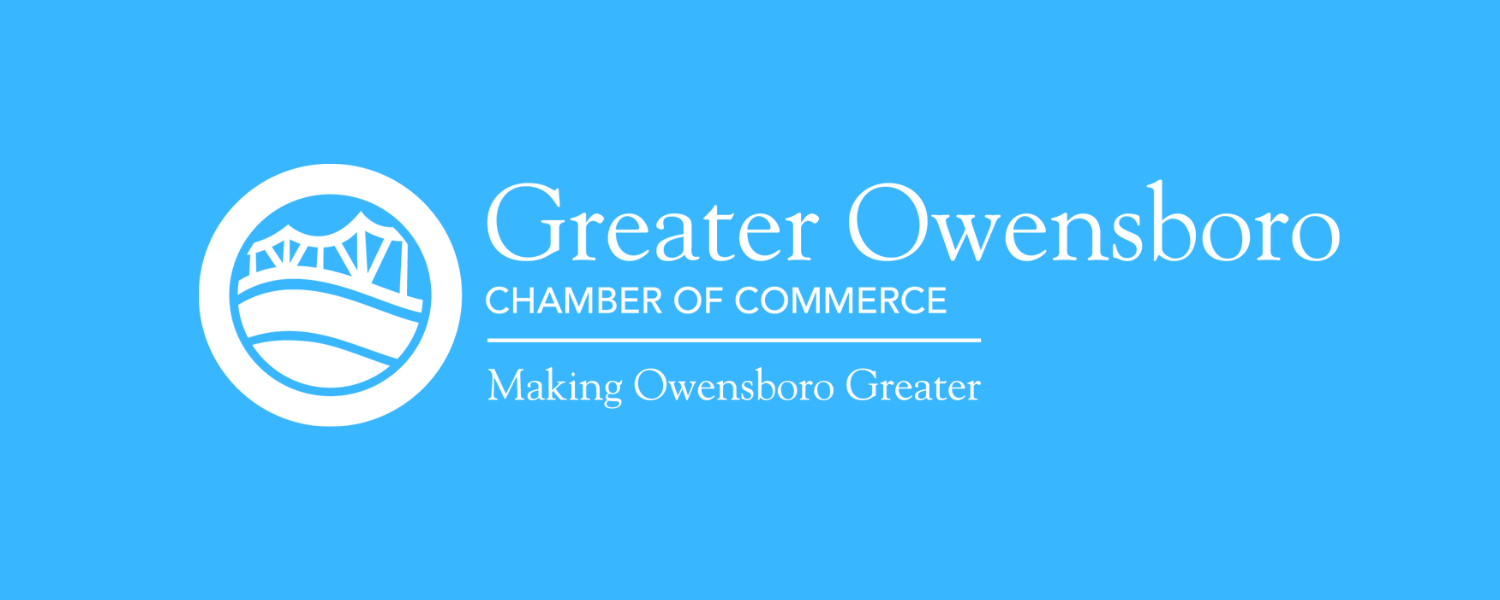It has been a busy three days for U.S. Sen. Rand Paul.
Beginning Oct. 1, Paul set out on a three-day, nine-location tour around Western Kentucky to speak with community leaders, community members and to perform a few pro bono eye surgeries.
His tour wasn’t simply to shake hands and correct the vision of those in the commonwealth, but served more like a face to face to see firsthand how decisions in Washington are affecting the region, he said.
“It has been me really giving an update on what is going on in Washington and hearing from local community leaders about what is going on,” he said. “What is working and what they need to make projects like the Owensboro Riverport for example, be even more successful. Essentially, I think you can hear these things in a more personal way when you are here in person.”
Paul’s breakneck schedule led him to Russellville to visit Logan Aluminum, The Christian County Chamber of Commerce to participate in the Ft. Campbell Military Affairs Luncheon, a hemp roundtable discussion in Madisonville and, on his final stop, the Owensboro Riverport Authority office where he met with myriad community leaders from Owensboro-Daviess County.
Paul heard updates on economic development programs from Owensboro Greater Chamber of Commerce President and CEO Candance Brake as well as Greater Owensboro Economic Development Corporation Brittany Johnson, updates on youth programs from Michael Johnson, Owensboro School board member and member of My Brother’s Keeper, as well as overall updates on the state of progress of the riverport and other economic drivers in the area.
All in all, the message was positive.
This being said, there were issues brought to Paul’s attention that are plaguing business leaders and politicians alike on all levels, national and community.
John Wright, executive vice president of Owensboro Grain Company, voiced his concerns of the deepening tariff war.
“I will emphasize that the damage from tariffs has already been done,” he said. “We spent 30 years building agricultural markets and our business depends on exports. When you become an undependable supplier in the world market you lose the market share and it is very hard to get it back. So I have been very unhappy with policies and tariffs on our industry because it is disruptive and the farmers are really hurting. It needs to get corrected and corrected soon.”
Wright was followed by Owensboro Community & Technical College President Scott Williams, who discussed the necessity of letting students who are seeking two year degrees or certificates in trades programs have access to Pell Grant funding so that they could be competitive in an ever-demanding job market, an assertion that Paul took note of, given his stance on increased vocational opportunities for high school students.
“One of our most critical areas is getting more skilled labor in the work force,” Williams said. “An obstacle is the access of monies for individuals who are seeking to learn a skilled trade. It would be helpful for employers in our region as well as our young people and community.”
State Rep. Susanne Miles finished the roundtable with a reminder to Paul to remember western Kentucky when conversations surrounding coal come to his desk.
“I will advocate on the judge’s (Daviess County Fiscal Court Judge-Executive Al Mattingly) behalf,” she said. “It doesn’t affect Daviess County so severely, but it does affect the abandoned mine. I know that has been brought up to you, but please keep in mind that whenever we talk about western Kentucky that we have a fairness compared to eastern Kentucky because we do have mines that are being shut down and mines that are being abandoned. Make sure to keep that in mind when that comes to you, and it is coming to you.”
Paul took note of the concerns of political, community and business leaders and ended the roundtable discussion as he began it on a positive note, congratulating those in attendance on their successes, a promise to fight for a solution to their concerns and assuring them that, while politics are slow, that those leaders in Washington are working together on the big issues.
“Overall, I believe that most in western Kentucky feel that the economy is doing pretty well,” he said. “One thing that you hear most about out here are that people are worried about trade. Farmers will tell you that they want the tariff war to be over, I do, too. In Washington, there are great bipartisan strides being taken. I have good conversations with Democratic colleagues and work with them on issues that we can solve, knowing full well that we know what we can agree on and what we can’t. I can only do what I can to push the president the way I want him to go.”

